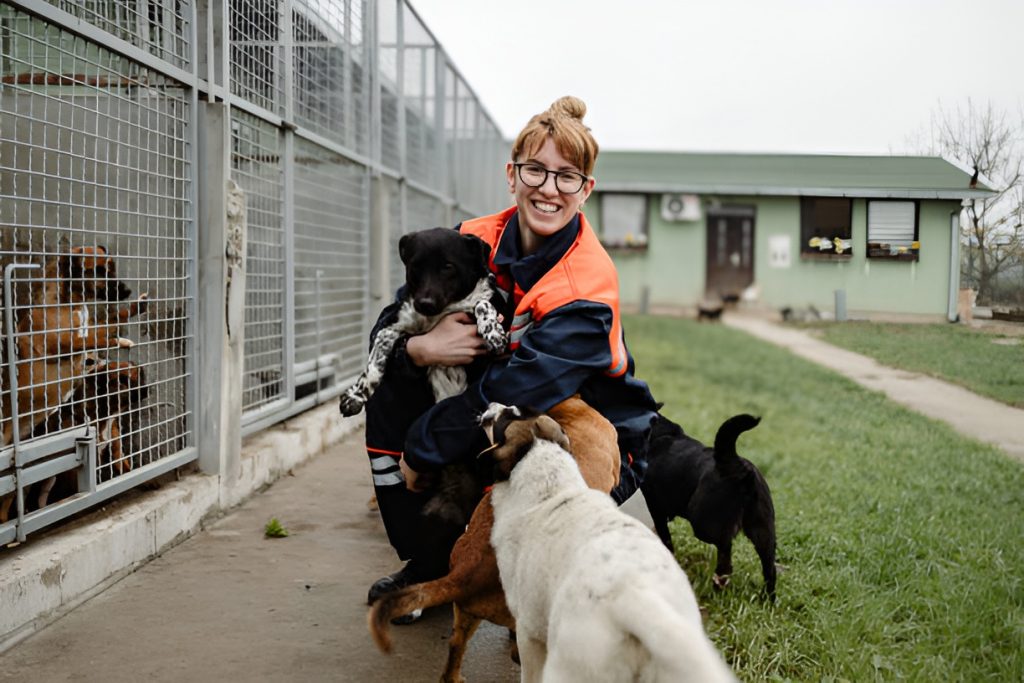Singaporean students continue to impress the entire world as they ranked at the top or near the top of every global competency comparisons in mathematics, science, and reading. In the recent results of PISA, the Programme for International Student Assessment, which tests the scholastic performances of 15-year-old students across several nations, the city-state once again, emerged as the best, proving that the island’s five million population can outpace even the richest and most powerful countries in the world.
The success of the education system in raising globally-competitive young people did not happen overnight. Since its liberation in the ‘50s, Singapore has poured a massive amount of resources into education. Headed by its first prime minister, Lee Kuan Yew, the government expanded the school system, making it accessible to the entire population.
Now, young people around the world head to the top international schools in Singapore to study, expecting to receive the same quality education as Singaporeans.
The Guiding Light
Part of the success of the education system should be attributed to the teachers. From the beginning, teachers have been instrumental in shaping the methods in which young people will learn. The Singaporean method, which was developed in the ‘80s, was from a team of teachers who traveled to other countries, including Japan and Canada, with the aim to design high-quality teaching materials.
Singapore continues to produce more high-quality teachers who impart high-quality lessons to students. Here is how they do it.
Only the Best
Teachers in Singapore are selected according to their academic performance. The Ministry of Education filters applicants from the top one-third of the graduating class, which ensures that the teachers who will be sent off to classrooms all over the city-state are equipped with the right knowledge and tools needed to lead a group of students.
But, first, all teachers have to go through extensive training. The National Institute of Education (NIE) in Nanyang Technological University, which is one of the best academic institutions in the world, produces teachers who are world-class.
Before entering the teaching program, most of them have already completed a bachelor’s degree in the subject they want to teach. Training at the NIE focuses on pedagogy and connections between subjects, not a more immersive exploration of their subject of choice. That is why a bachelor’s degree in a specific subject is necessary before training.
Burning Passion for Teaching
However, grades are not enough. There should be a strong passion, too, for the profession. Plenty of teachers around the world end up hating their work. They became unenthusiastic which translates to boring lessons and apathy toward the students.
Not in Singapore. Singaporean teachers love what they do. They enjoy rewards that cannot be given a monetary value, including the satisfaction of watching students begin to understand a rather difficult concept. They feel pride knowing that they led young people to the path of success.

Globally-Competitive Compensation
Teachers in Singapore are valued by the students and, most importantly, the state. Singaporean educators receive generous pay for their role in raising globally-competitive young people.
Every year, the Ministry of Education looks at the starting salaries of other professions to ensure that teaching remains to be an attractive choice of career for the nation’s top talents. Otherwise, if the compensation given to teachers falls too low, they might leave and venture into another career or, worse, go to another country that offers higher pay. The phenomenon called brain drain, which is defined by a country’s loss of talented and educated individuals, is already observed in many nations across Southeast Asia.
Singapore strives to support teachers every step of the way, from training to placement. At the NIE, future teachers receive a stipend equivalent to 60% of the salary they will receive as educators. The Ministry of Education also covers their tuition in exchange for the commitment of three whole years as full-time teachers.
Continuous Professional Growth
Teachers in Singapore do not stop learning as soon as they complete their training. The nation places a strong value on lifelong learning and continuous professional growth which only improves the quality of the workforce through time.
Seeking further studies, therefore, is encouraged. Schools have their own funds that will support teachers who want to gain new perspectives and experience by going to another country.
Singapore enjoys a quality of education that surpasses anything in Southeast Asia and is on par with China, Australia, and other bigger and richer nations because it had the foresight to invest in it a long time ago. Education is given priority by the government back then and right now. As a result, Singaporeans consistently produce world-class students and workers.



